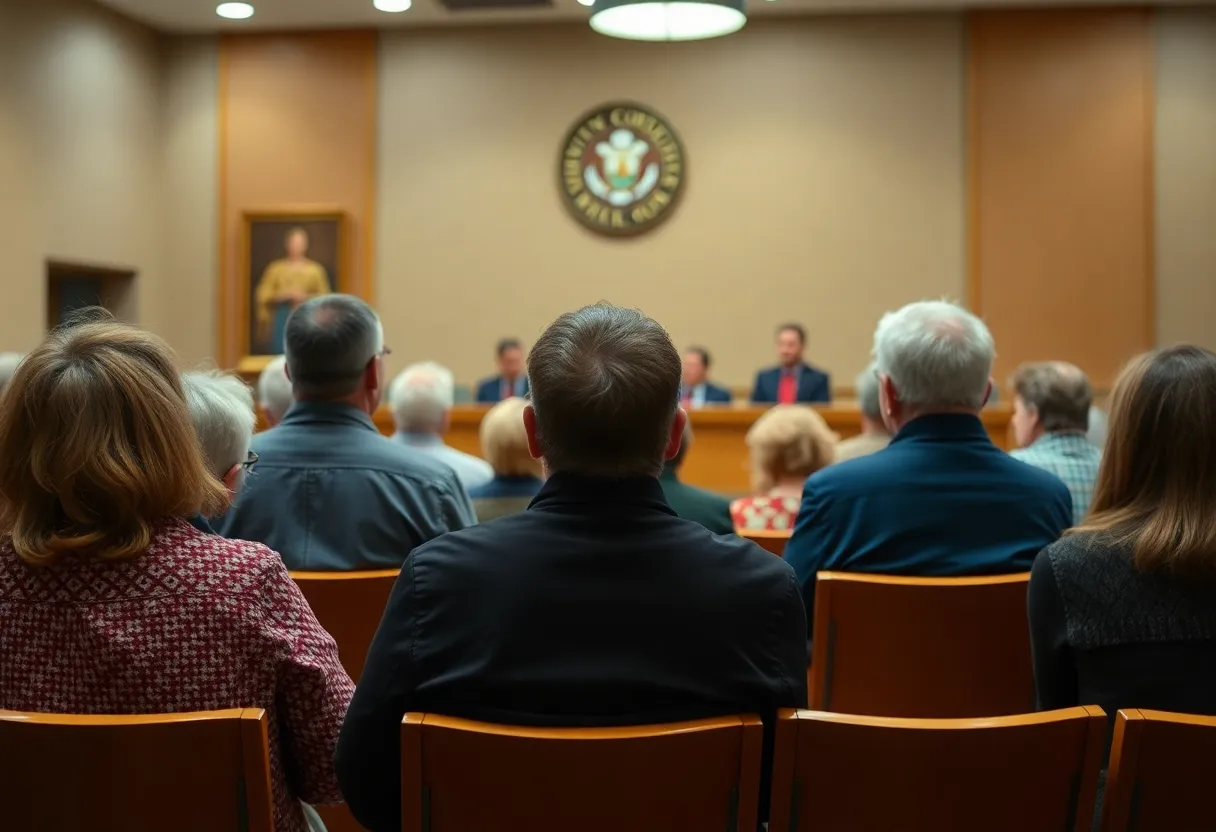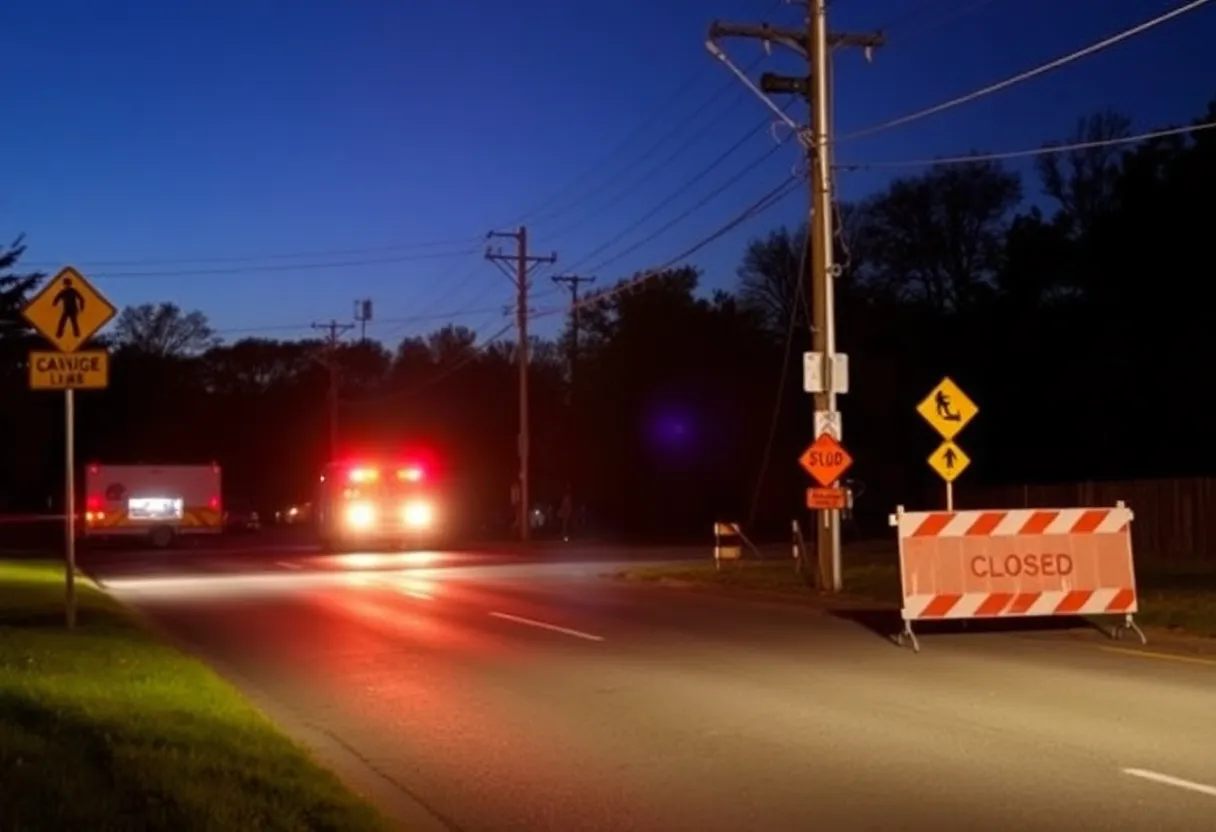News Summary
A group of 15 property owners in San Diego has launched a lawsuit against the city due to new trash collection fees, asserting they are excessive and unjust. Spearheaded by former city attorney Mike Aguirre, the lawsuit claims that inflated costs have resulted from misleading financial practices. With fees that could total over $500 annually, the plaintiffs argue that particularly vulnerable populations, such as senior citizens, will bear the brunt of these charges. The legal action reflects widespread discontent regarding the city’s financial decisions and transparency.
San Diego – A group of 15 property owners in San Diego has initiated a lawsuit against the city, seeking to overturn newly instituted trash collection fees. The lawsuit, spearheaded by former city attorney Mike Aguirre and law partner Mia Severson, alleges that the city inflated costs related to trash collection to mitigate a significant budget deficit, ultimately resulting in fees deemed excessive and unjust.
The plaintiffs argue that the city implemented inflated and hidden cost projections. They point to a $5 million consultant study and operational analysis that purportedly increased the budget by over $41 million as examples of misleading financial practices. Aguirre stated that the city is currently experiencing severe financial challenges, which have pressured officials to devise alternative revenue sources. The properties affected include single-family homes that have historically not faced trash collection fees for over a century.
The legal claim also argues that the projected costs for the fiscal year 2026 are nearly double the recent actual costs for garbage collection. This disparity raises concerns that the surplus revenues generated from the new fees would indirectly fund unrelated budget items, such as pension debt, further straining public trust. Aguirre has emphasized that the purpose of the lawsuit is not to seek financial compensation but rather to demand accountability from city officials.
Of particular concern for the plaintiffs is the introduction of trash fees, which, starting in October, will amount to monthly payments between $32.80 and $43.60 based on the size of the garbage can selected. For many residents, especially senior citizens living on fixed incomes, the fee structure is a significant financial burden. For instance, a standard trash bin will incur an annual fee of $523.20, resulting in a direct monthly payment of $43.60.
The city council voted recently, approving a new solid waste management fee schedule with a narrow margin of 6-3. The background of this action stems from the approval of Measure B in 2022, which allowed the city to separate trash collection charges from other municipal fees. Measure B was passed by a mere 4,000 votes, with proponents stating that the changes were necessary to enhance collection services, acquire new vehicles, improve customer service, and increase recycling efforts.
Approximately 85% of San Diego residents utilize the same solid waste collection program, which involves three distinct bins for trash, recycling, and organic material. Initially, the city will provide residents with new bins in October, and there will be options to adjust service plans for lower fees if desired.
Despite these provisions, community opposition to the imposed fees has been vocal. During city council meetings, many residents expressed worries about the financial stress the fees may impose, particularly on vulnerable populations. Aguirre has articulated concerns that initial estimates for the trash fees were substantially lower than the actual rates, which has contributed to public dissatisfaction.
The lawsuit is indicative of a broader discontent among the San Diego populace regarding the introduction of fees without adequate transparency and community input. Many residents feel that the city mismanaged public resources, and this mistrust has led to legal action to contest the new costs.
Under Proposition 218 of the California Constitution, the lawsuit also contends that the new trash fee arrangement violates the law. The plaintiffs argue that the funds derived from the trash fees are being used to support general city services, rather than being earmarked for specific benefits that directly impact the taxpayers. This legal contention will likely play a pivotal role as the case unfolds in court.
In conclusion, as the San Diego property owners navigate this legal challenge, the outcome may set important precedents regarding the city’s approach to funding public services and may influence how local governments evaluate transparency and community engagement in fiscal decisions.
Deeper Dive: News & Info About This Topic
HERE Resources
San Diego City Council Implements New Trash Collection Fees
San Diego Implements Trash Pickup Fee for Single-Family Homes
San Diego Allocates Funds for Park Improvements
San Diego Implements New Trash Collection Fee for Homeowners
San Diego County Property Tax Deadline Approaches
San Diego City Council Approves Fiscal Year 2026 Budget
San Diego City Council to Vote on Revised Trash Fee
San Diego Budget Proposal Addresses Community Library and Recreation Needs
San Diego Urged to Revamp Flammable Brush Management
Residents Sue San Diego to Block Proposed Trash Fee
Additional Resources
- CBS 8: The Legal Argument to Overturn San Diego’s Trash Fee
- Wikipedia: Taxation in the United States
- 10 News: New Lawsuit Pushes Against City of San Diego’s Trash Collection Fees
- Google Search: San Diego trash fee
- NBC San Diego: San Diego Trash Collection Fee Vote
- Google Scholar: San Diego trash fees
- San Diego Union Tribune: Unfairness of City’s Previous Trash Fee Policy
- Encyclopedia Britannica: Political Taxation
- Fox 5 San Diego: San Diego Approved Its Controversial Trash Fee, What’s Next?
- Google News: San Diego trash fee lawsuit








